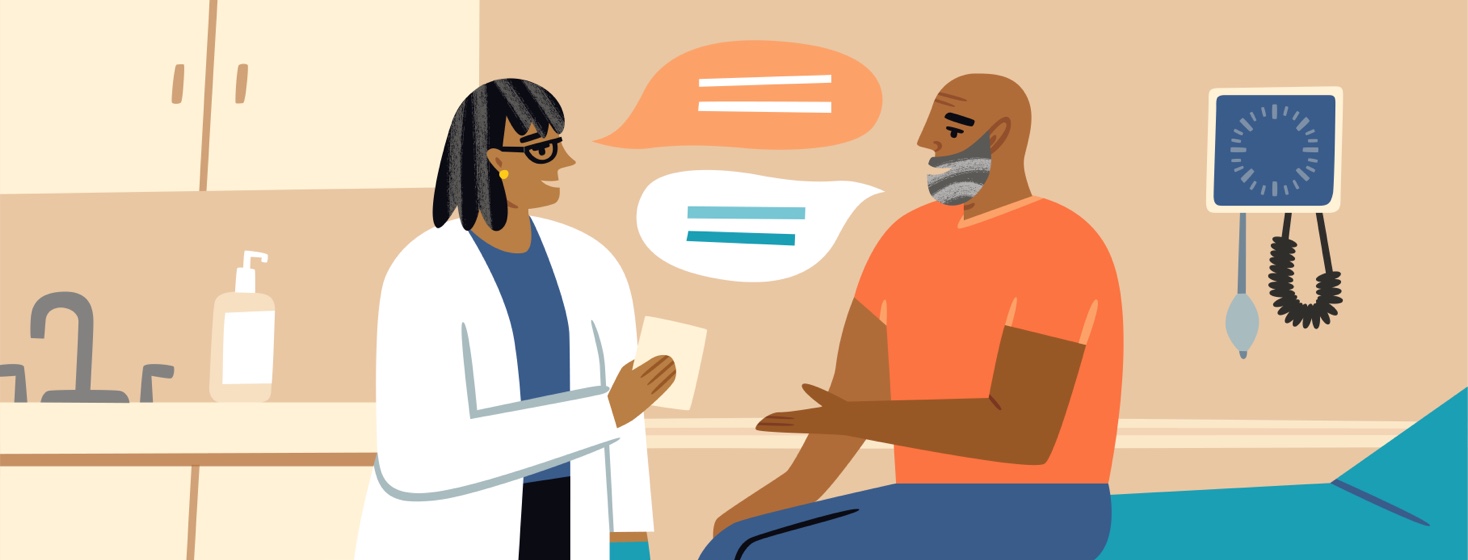While You’re At It Doc
When I was first diagnosed with blood cancer my oncologist arranged for an infusion nurse to stop in to see me a day before any chemo treatments took place. It was a very casual conversation that began with confirming my past medical history and moved on to what prescription drugs I was taking, along with inquiries on drinking alcohol, recreational drugs, and my social interactions (a fancy way to ask about my sex life).
After passing the initial fact checks, she asked that I roll up my shirt sleeves, whereupon she proceeded to carefully inspect my arms and pronounced that "I had good veins." I guess that was good news since these were the same ones I was born with and, so far, they appeared to be ok and working well. I was not expecting a body vein replacement procedure anytime soon.
Many, many blood draws
The infusion nurse then took a blood sample and informed me that when I came in for treatments in the future, I would be required to give a blood sample. That explanation appeared to be simple, and I then did the math in my head. I needed 6 treatments over the same number of months and thought the occasional blood draws would not be a concern.
For some reason, I pressed her a bit further and soon learned that every time I was to come in a blood sample was required, even if it was for casual visit. She then went over the calendar with me, and I was a bit shocked to see the number of times I was going to be providing samples. The schedule included A) prior to infusion B) prior to a follow up visit a week later and then again, C) a week after that and of course D) any other time.
Suddenly the number of blood draws plus infusions was a bit staggering.
Considering a port to make blood draws and infusions easier
She casually mentioned that I might want to consider having a port installed and explained it was a simple procedure that was easily done as an outpatient. The prospect of countless blood samples gave me something to think about and I reluctantly agree to have a port installed. (Several years prior one of my grandsons succumbed due to an infection that was linked to a similar style port.)
Some 6 months later, my treatments are over, and I get the good news that my port can be removed. But now I am faced with the reality of frequent blood samples being taken from my “good veins.” While all this blood testing for lymphoma is going on I am also being tested for any new developments with my recurring prostate cancer. As I am adding up the number of “donations,” I am thinking, why did I ever agreed to have the port removed, but it was too late.
Asking for all blood tests to be done at the same time
One day on a whim, I asked my blood cancer oncologist if he could also include a post op PSA test and other blood work in my blood-draw analyses. I offer that all the test results are reported in my profile, so any MD including my Urologist and my GP can see the results.
The system apparently worked well for all the MDs. I was able to eliminate the number of bloods draws, plus I was also able to obtain my blood work results in advance of my other MD visits.
Without getting into too much detail it turns out that consolidating my blood draws allowed me to discover an advancing bone-based prostate cancer almost a year ahead of my regularly scheduled urologist visit. In turn this allowed me to seek out a new treatment protocol at a nationally recognized cancer center, which now anticipates I will see a very favorable outcome. Timing is everything in life.
The moral of the story ... speak up and don’t be afraid to break away from the established way on how “things are always done around here.”

Join the conversation